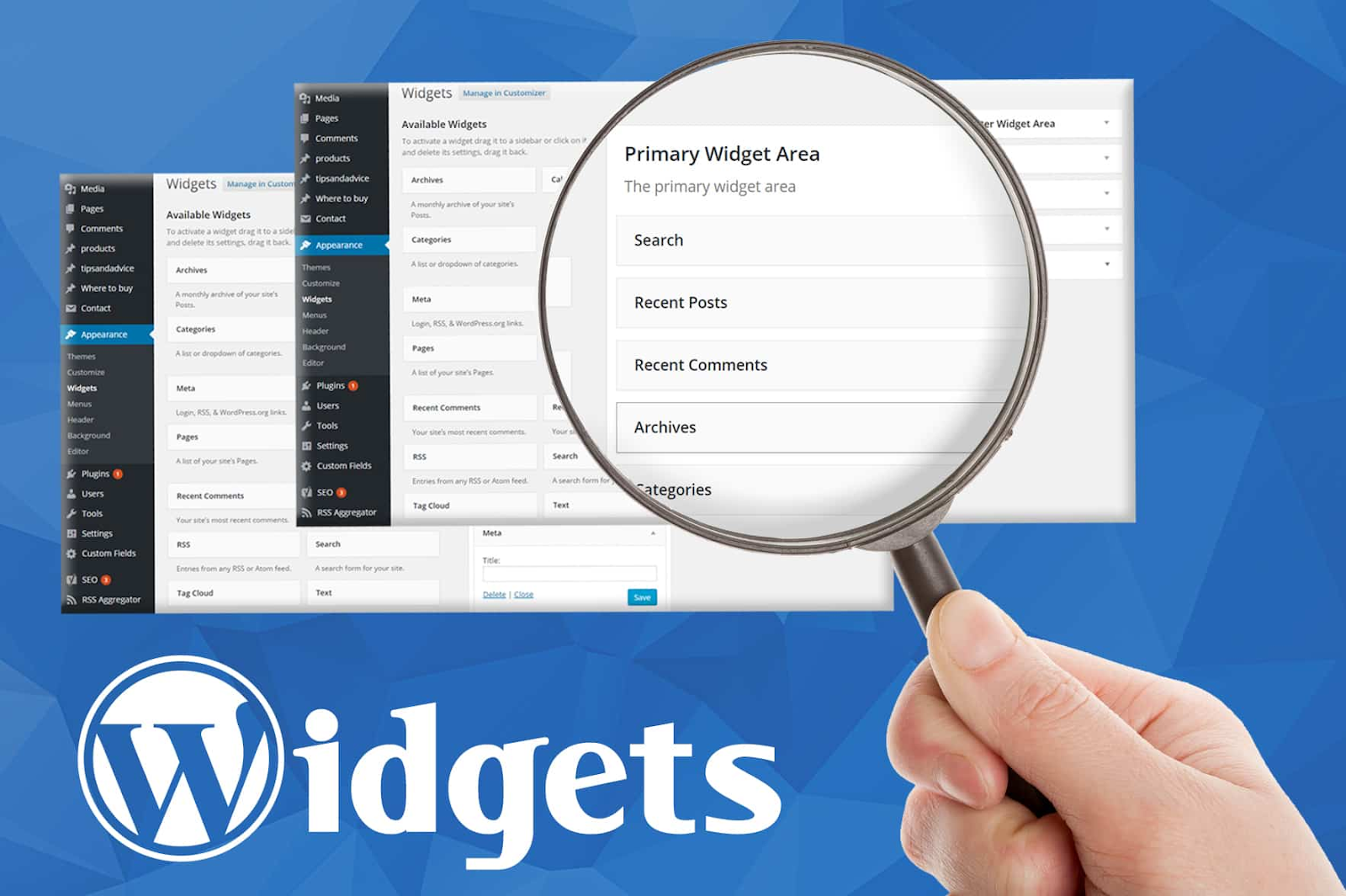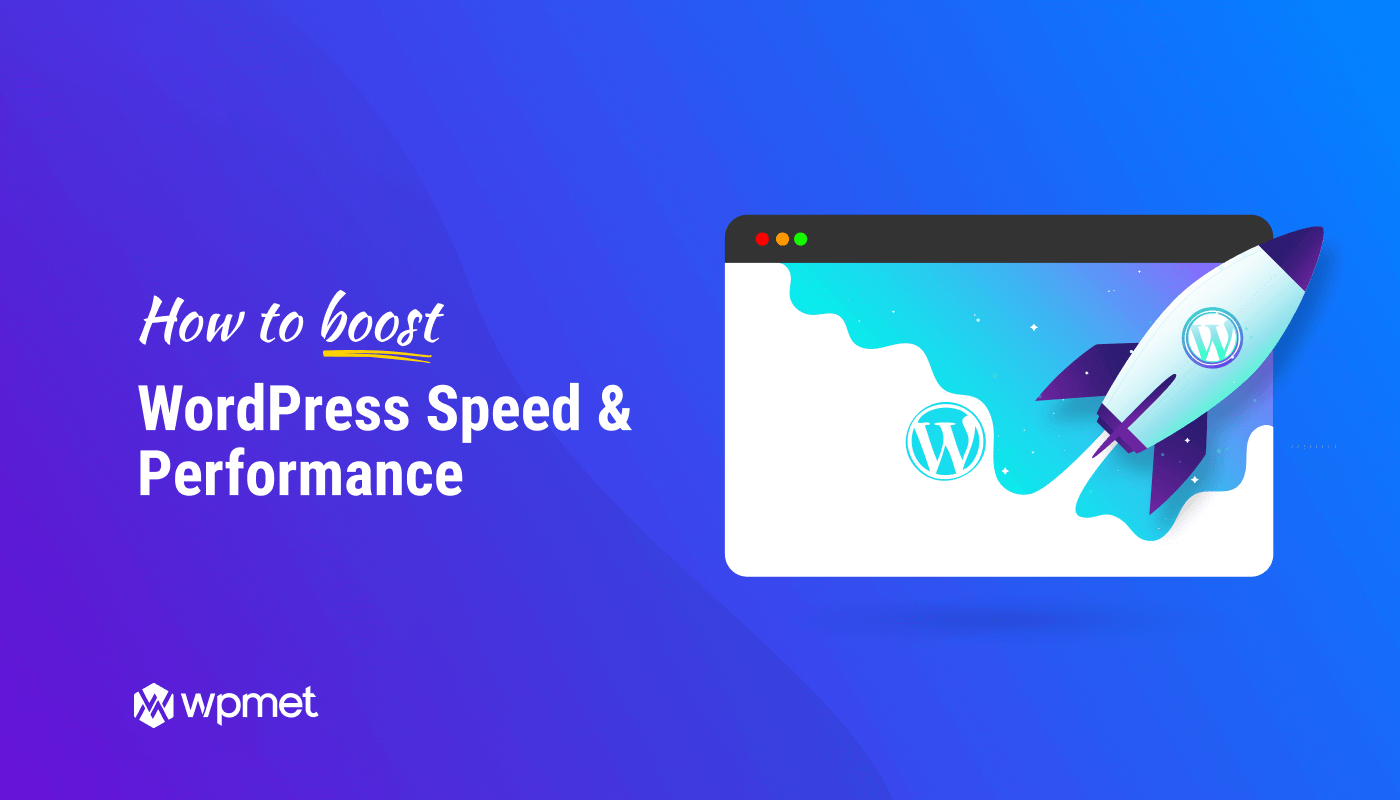If you want your WordPress site to rank higher in search engines, implementing effective SEO strategies is essential. In this article, we’ll guide you through the top SEO strategies for WordPress sites to help you boost your site’s visibility and drive more traffic. These strategies are easy to follow and can make a significant impact on your site’s performance.
SEO Strategies for WordPress Sites
1. Optimize Your Permalinks
One of the first SEO strategies for WordPress sites is optimizing your permalinks. Permalinks are the URLs of your posts and pages, and having clean, keyword-rich URLs can improve your search engine rankings. To optimize your permalinks, go to your WordPress dashboard, click on “Settings,” then “Permalinks.” Choose a structure that includes your post name, which is both SEO-friendly and easy for users to understand.

2. Use an SEO Plugin
Using an SEO plugin is a crucial step in optimizing your WordPress site. Plugins like Yoast SEO or Rank Math can help you optimize your content, meta descriptions, and keywords. These tools provide valuable insights and suggestions on how to improve your on-page SEO, making them essential for any WordPress site.
3. Create Quality Content
Creating high-quality content is at the heart of SEO strategies for WordPress sites. Search engines favour content that is original, informative, and engaging. Focus on producing content that answers your audience’s questions and provides value.
4. Optimize Your Images
Image optimization is another important SEO strategy for WordPress sites. Large, uncompressed images can slow down your site, negatively impacting your SEO. To optimize your images, use plugins like Smush or ShortPixel to compress your images without losing quality. Also, don’t forget to add descriptive alt text to your images, which helps search engines understand what the image is about.
5. Improve Your Site Speed
Site speed is a critical factor in SEO strategies for WordPress sites. A slow-loading site can lead to higher bounce rates and lower rankings. To improve your site speed, consider using a caching plugin like W3 Total Cache or WP Super Cache. Additionally, use a content delivery network (CDN) to deliver your site’s content more efficiently.
6. Optimize Your Titles and Meta Descriptions
Your titles and meta descriptions play a significant role in SEO strategies for WordPress sites. They are the first things users see in search results, so they should be compelling and include your target keywords. Use an SEO plugin to easily edit your titles and meta descriptions, ensuring they are both SEO-friendly and enticing to click on.
7. Use Internal Linking
Internal linking is an effective way to improve your site’s SEO. By linking to other relevant posts and pages within your site, you can help search engines understand the structure of your site and improve its crawlability. Additionally, internal links can keep users on your site longer by guiding them to related content.
8. Ensure Mobile-Friendliness
With more users accessing websites on mobile devices, ensuring your WordPress site is mobile-friendly is crucial. Google uses mobile-first indexing, meaning it primarily uses the mobile version of your site for ranking and indexing. Choose a responsive WordPress theme and test your site’s mobile-friendliness using Google’s Mobile-Friendly Test tool.
9. Leverage Social Media Integration
Integrating social media into your WordPress site is another key SEO strategy for WordPress sites. Social media shares can drive more traffic to your site and improve your search engine rankings. Use plugins like Social Warfare or AddThis to add social sharing buttons to your posts, making it easy for users to share your content.
10. Use Schema Markup
Schema markup is a type of structured data that helps search engines understand the content on your site better. By adding schema markup, you can enhance your search engine listings with rich snippets like star ratings, reviews, and event details. Plugins like Schema Pro or Yoast SEO can help you implement schema markup on your WordPress site.
11. Regularly Update Your Content
Search engines favour fresh content, so regularly updating your posts is an important SEO strategy for WordPress sites. Review your existing content and update it with the latest information, adding new sections or optimizing old ones. This not only keeps your content relevant but also signals to search engines that your site is active and up-to-date.
12. Focus on User Experience (UX)
User experience plays a significant role in SEO strategies for WordPress sites. A site that is easy to navigate, visually appealing, and provides a positive user experience will rank higher in search results. Ensure your site is easy to use, with a clear menu, intuitive navigation, and fast load times.
Conclusion
Implementing these top SEO strategies for WordPress sites can significantly improve your site’s search engine rankings and overall performance. By focusing on quality content, site speed, mobile-friendliness, and user experience, you can attract more visitors and keep them engaged.




